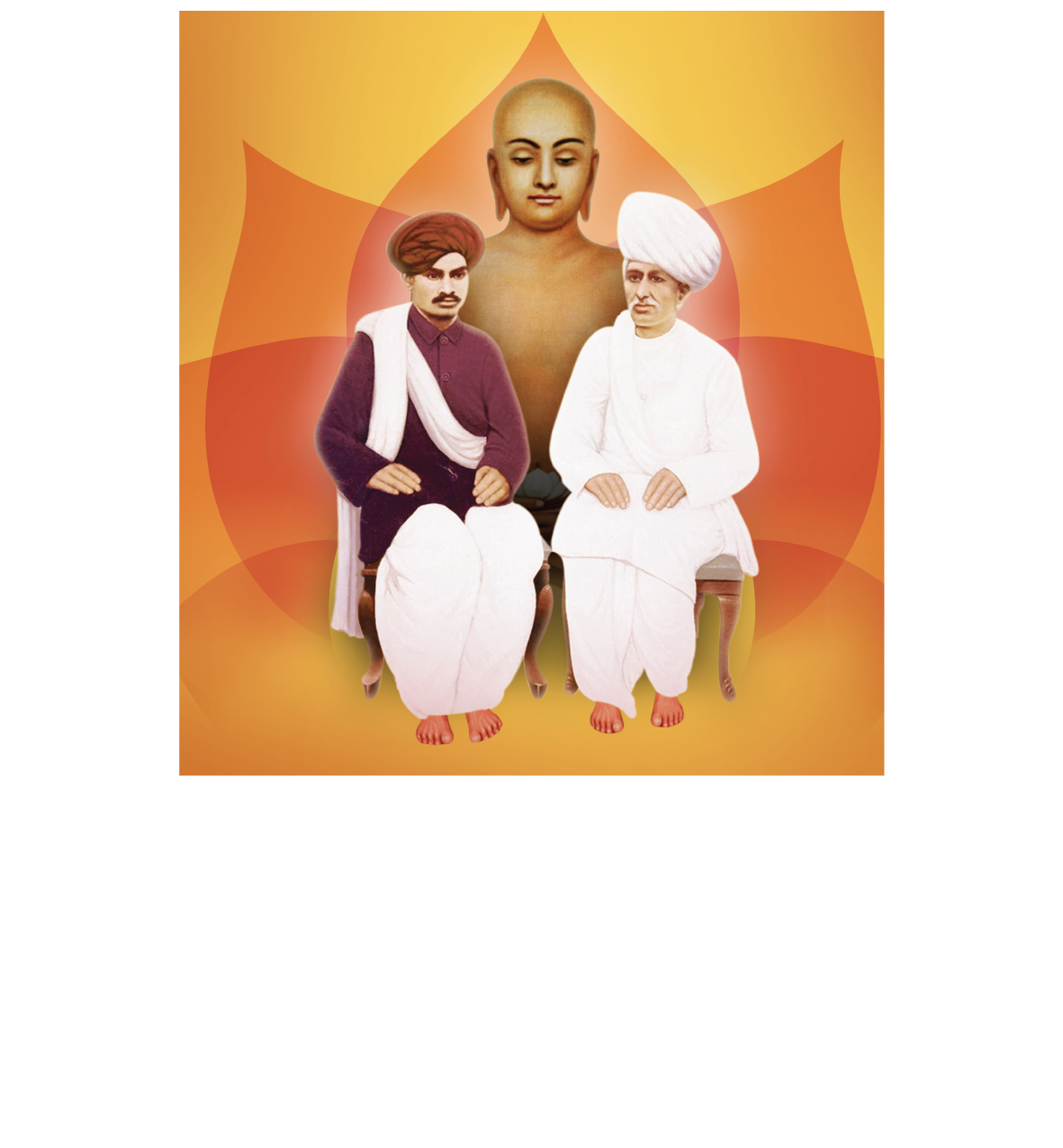Observed twice a year, Aymbil Oli involves special fasting in which a person eats one meal a day consisting of boiled grains with no spices, seasoning, oil or greens. Eating fruits, vegetables, milk or yogurt is also forbidden for 9 days. Special prayers are offered to the 9 auspicious pillars of Jainism - Arihant, Siddh, Acharya, Upadhya and Sadhu along with Gnaan, Darshan, Charitra, Tap.
Minalben highlighted the importance of Ayambil Oli through the inspiring story of King Shripal and his wife Mayna Sundri.
During the time of 20th Tirthankara Munisuvarat Swami, who lived approximately 1.1 million years ago, King Singhrath ruled over Champa-nagar. A son was borne to him by queen, Kamalprabha. The young prince was named Shripal.
King Singhrath’s brother Ajitsen was an ambitious man who was waiting for an opportunity to usurp the throne. On the death of King Singhrath, Ajitsen conspired to get rid of the 5-year old crown prince, Shripal. Anticipating his evil intent, Queen Kamalprabha fled into the jungle with her infant son. Fearing for their lives, the queen hid her son among a group of 700 lepers and escaped from that place to save her life.
Unaware about his true identity and growing up with the lepers, the young prince (now named Umar Rana) contracted leprosy, but since he grew up to be an intelligent young man with exceptional leadership qualities, he was named leader of this group. Under his leadership the troupe travelled place to place and one day arrived in Ujjayini city, which was the capital of Malwa region.
The king of Ujjayini was Prajapal and his queen Roopsundri. They had two beautiful, intelligent and skillful daughters – Sur Sundri and Mayna Sundri, whom they loved equally.
Deciding to test his daughters, the King asked them: “By whose favor, do you enjoy all these amenities, skills and luxuries?”
The elder daughter, Sur Sundari replied, “Father, it is because of your generosity and care, that I have acquired all these amenities, skills and luxuries.” Extremely pleased by her answer, King rewarded her appropriately.
Expecting a similar response from his younger daughter Mayna Sundari, King eagerly waited for her to answer. Mayna replied: “With all due respect and gratitude to you father, everything that I have acquired today, is the merit of my own past karma”.
While Sur Sundri’s reply was not a lie, but Mayna Sundri’s perspective was indeed the Truth; a truth that germinated from her spiritual inclinations and reflected her philosophical beliefs.
Exasperated by this unexpected reply, King decided to teach Mayna Sundri a lesson. He ordered his men to find the ugliest man in the city so he could get his daughter married to him. The soldiers spotted Umar Rana (infected by leprosy), who was in the city at that time and presented him to the king.
To spite the supposed insolence of his younger daughter, the King instantly got Mayna married to leper Umar Rana, and immediately sent them away. On the other hand, the king looked for a suitable match for Sur Sundari and got her married to Prince Aridaman of Shankhapuri.
Mayna was a deeply religious and elevated soul. She accepted her fate and the leper as her husband and took good care of him. Being a devout lady, she would visit temples and participate in sermons and discourses given by monks.
One day Mayna Sundari and her husband went to see Jain Acharya Munichandra who was a well-known scholar. On learning about his leprosy, the monk advised both of them to do penance through fasting and worshipping of the sacred Siddhchakra for four and half years.
At the end of four and half years, Umar Rana (Shripal) was miraculously cured of his disease and now resembled his real, handsome self. Feeling happy and blessed both Mayna Sundari and Umar Rana continued fasting during Ayambil (twice every year).
Shripal now embarked on a mission to reclaim what rightfully belonged to him, which was the throne of Champa Nagar. On achieving hisgoals, Shripal happily passed the rest of his life as King of Champa-nagar.











































